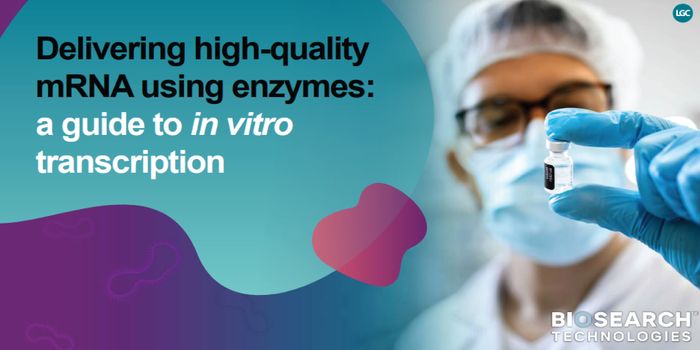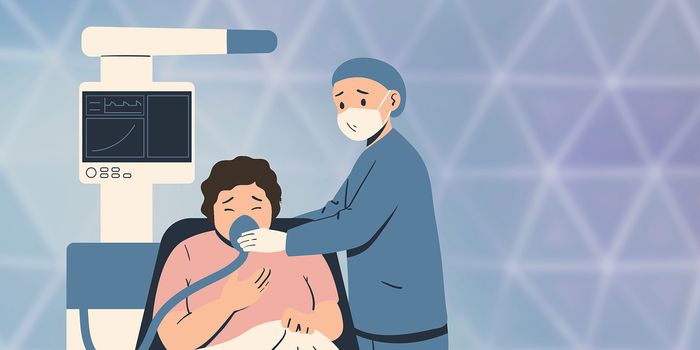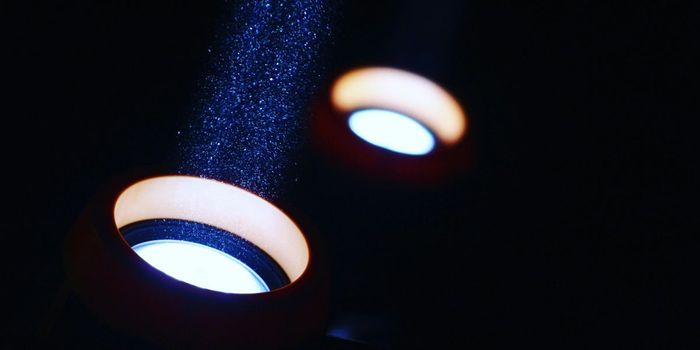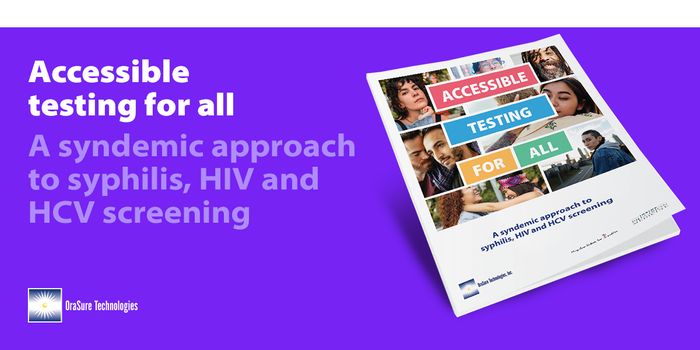4 Potential Treatments for SARS-CoV-2 Currently Under Testing
Currently, no medicine nor vaccine has been approved as effective for the prevention of severe acute respiratory syndrome coronavirus 2 (SARS-CoV-2). Despite this, around the world there are many drugs currently under trial. Here are the top four potential treatments recommended by both Chinese experts and Korean physicians.
Remdesivir, a novel antiviral drug, is so far a strong candidate. Although results from a clinical trial carried out in China are only expected to become available in April, preclinical trials have shown its efficacy against the virus and that it has a high genetic barrier to resistance. Furthermore, previous data has shown that the drug is able to inhibit activity in other coronavirus strains including the 2002 SARS-CoV and MERS-CoV (Middle Eastern Respiratory Syndrome).
Sofosbuvir taken in combination with ribavirin is another promising candidate. Although no results from clinical trials are available yet, early results from a molecular docking experiment have shown that the drug combination is able to bind to SARS-CoV-2 molecules. This means that it may also be effective in treating infections caused by the virus.
Lopinavir, ritonavir taken alongside ribavirin and corticosteroids has also shown promise as a treatment option. Currently being trialed among patients with SARS-CoV-2 who have not developed acute respiratory distress syndrome, results so far look positive. Whereas 6.3% of those being treated with ribavirin and corticosteroids alone died at day 21, with 22.5% meeting the criteria for severe hypoxemia (an abnormally low level of oxygen in the blood), for those treated with lopinavir and ritonavir alongside ribavirin and corticosteroids, just 2.4% met the criteria for severe hypoxemia, whereas none died within the same timeframe.
Interferon alfacon-1 taken together with corticosteroids is another treatment with potential. Under an open-label trial comparing patients with the drug combination and those taking corticosteroids alone, so far, researchers have seen positive results. In particular, those in the interferon alfacon-1 group saw abnormalities in their lungs reduce by 50% in just 4 days, whereas the same took 9 days in the group taking corticosteroids alone. Moreover, the group on interferon alfacon-1 had better oxygen saturation in their blood sooner and thus required supplemental oxygen for significantly less time than those in the control group. Resolutions of fevers however were similar between both groups.
Sources: El Sevier









